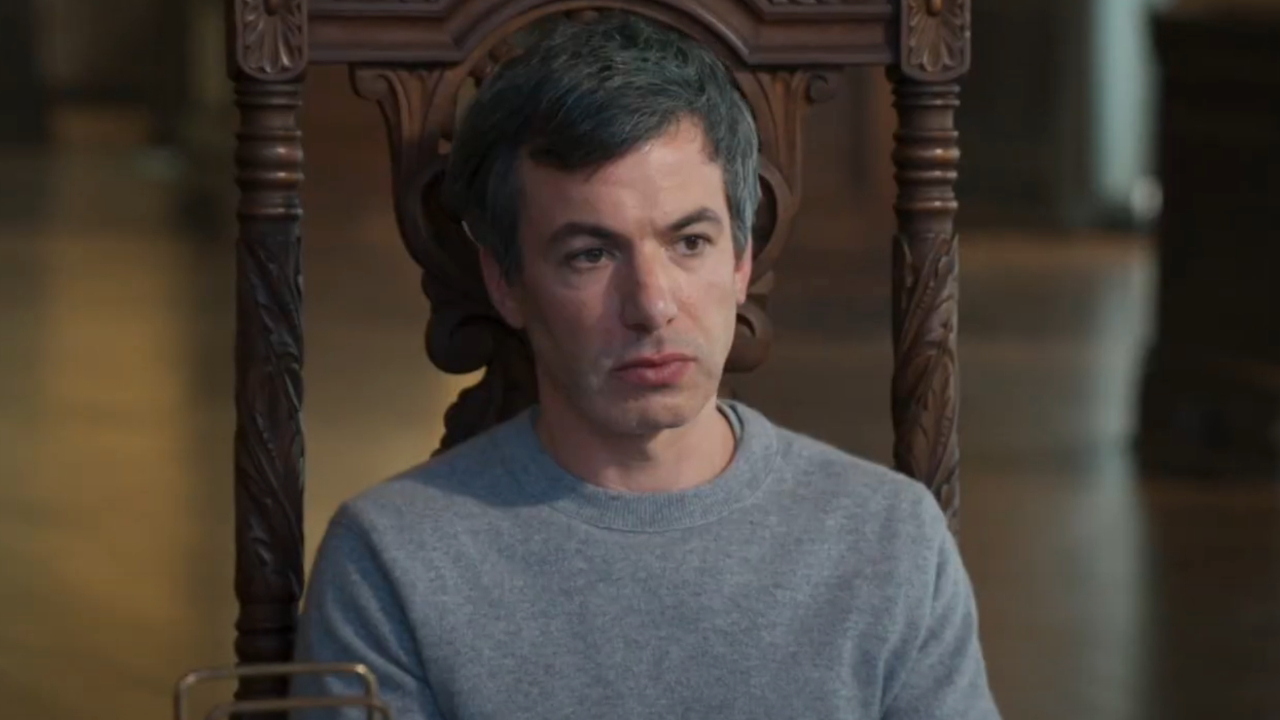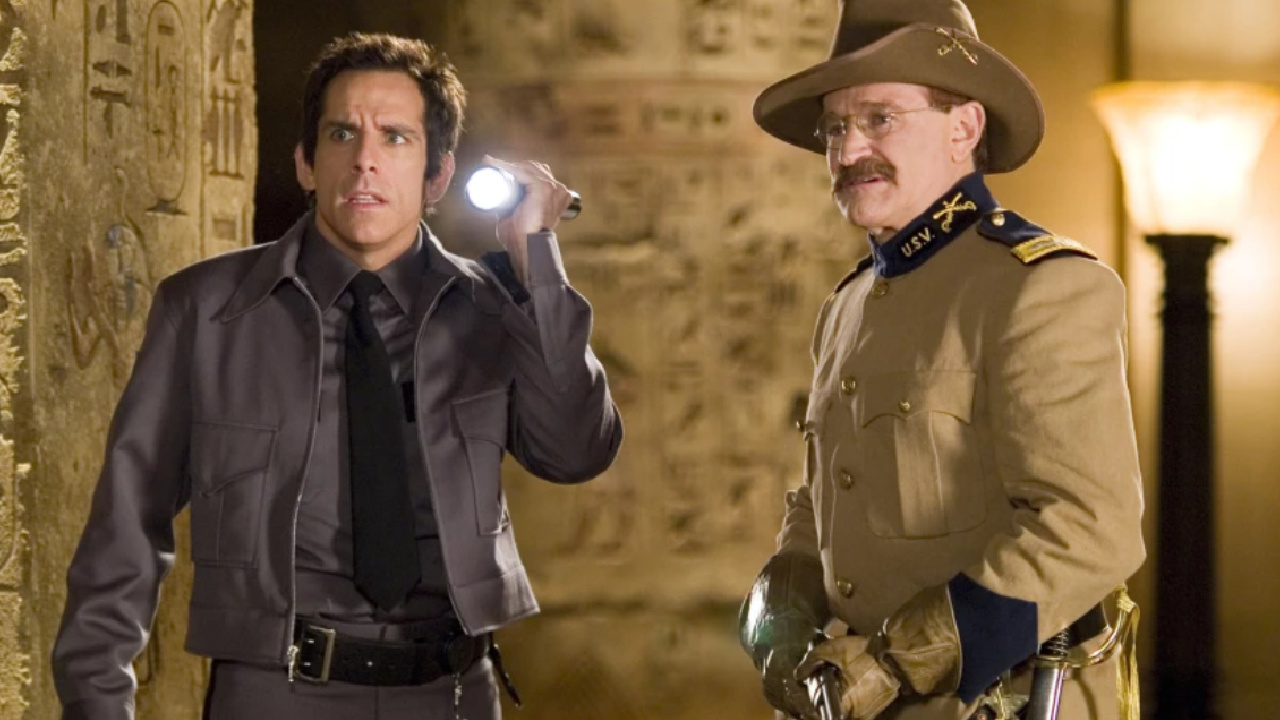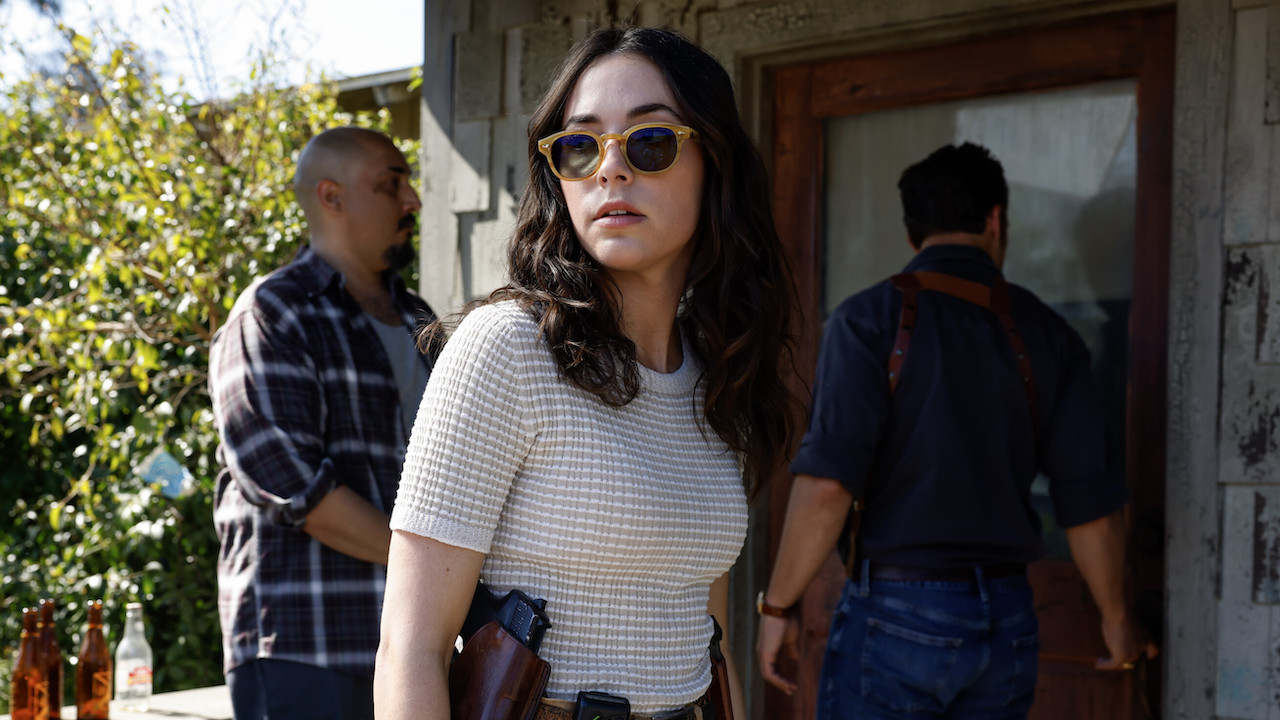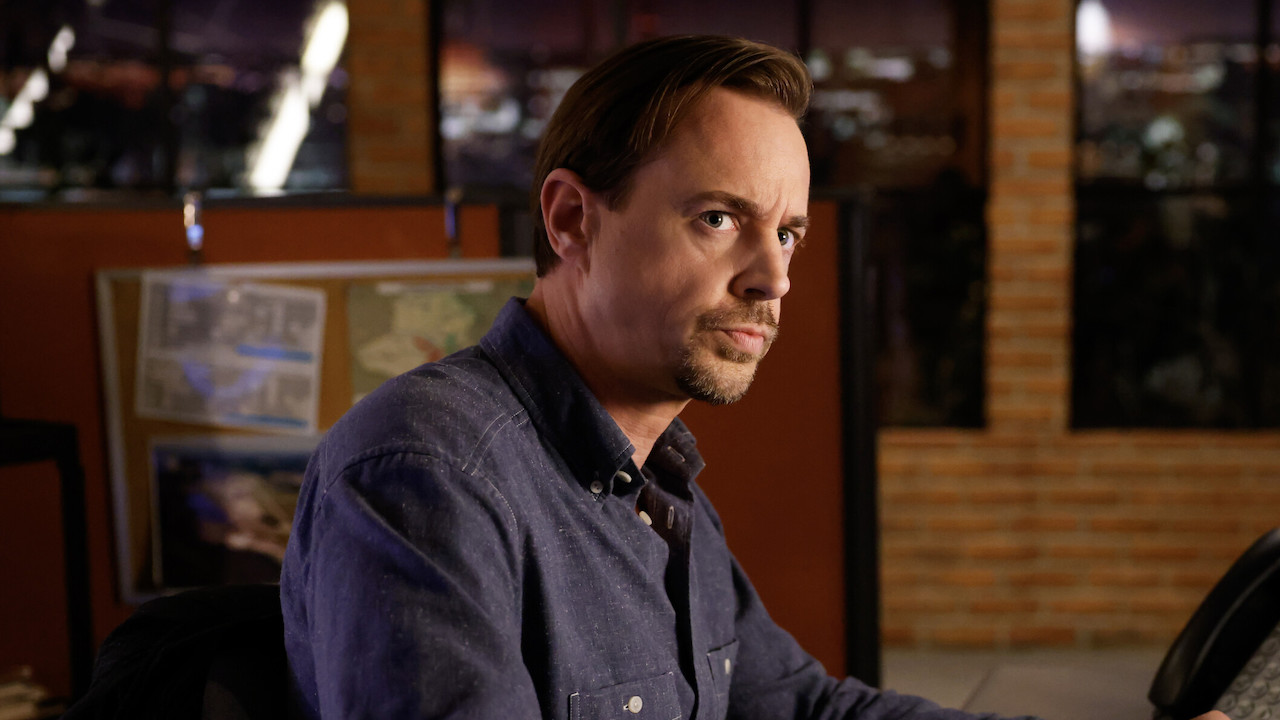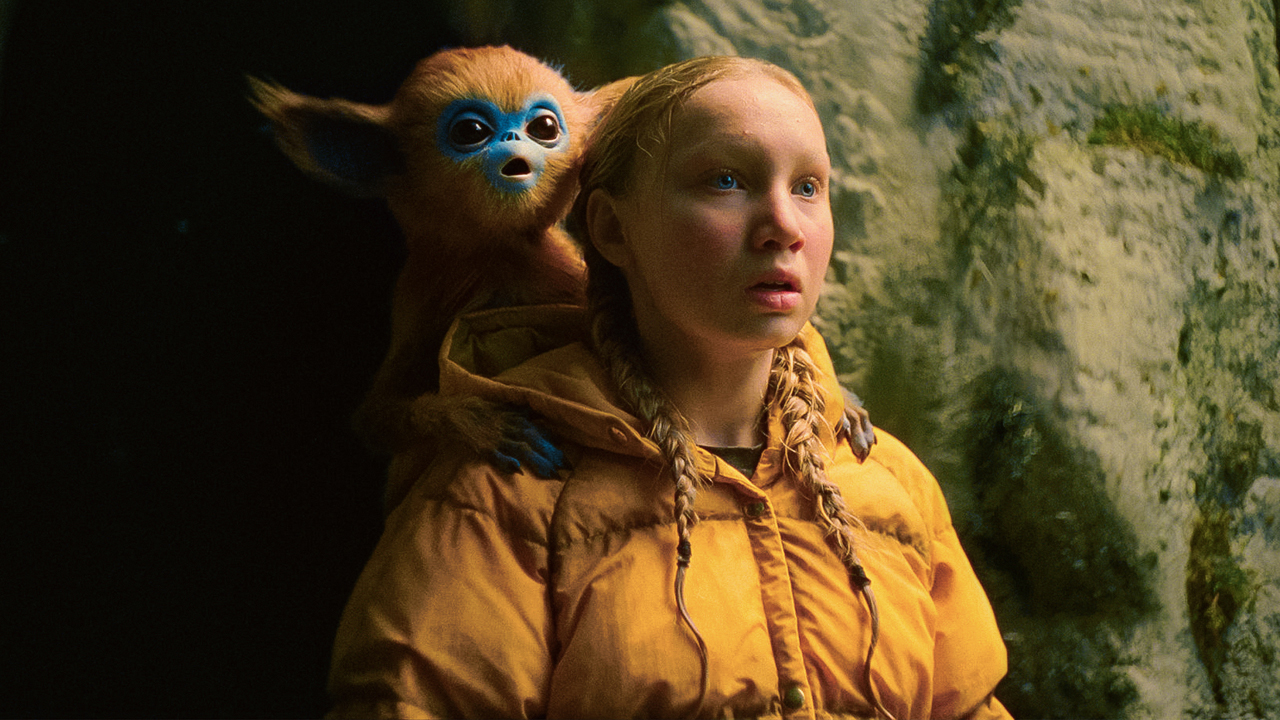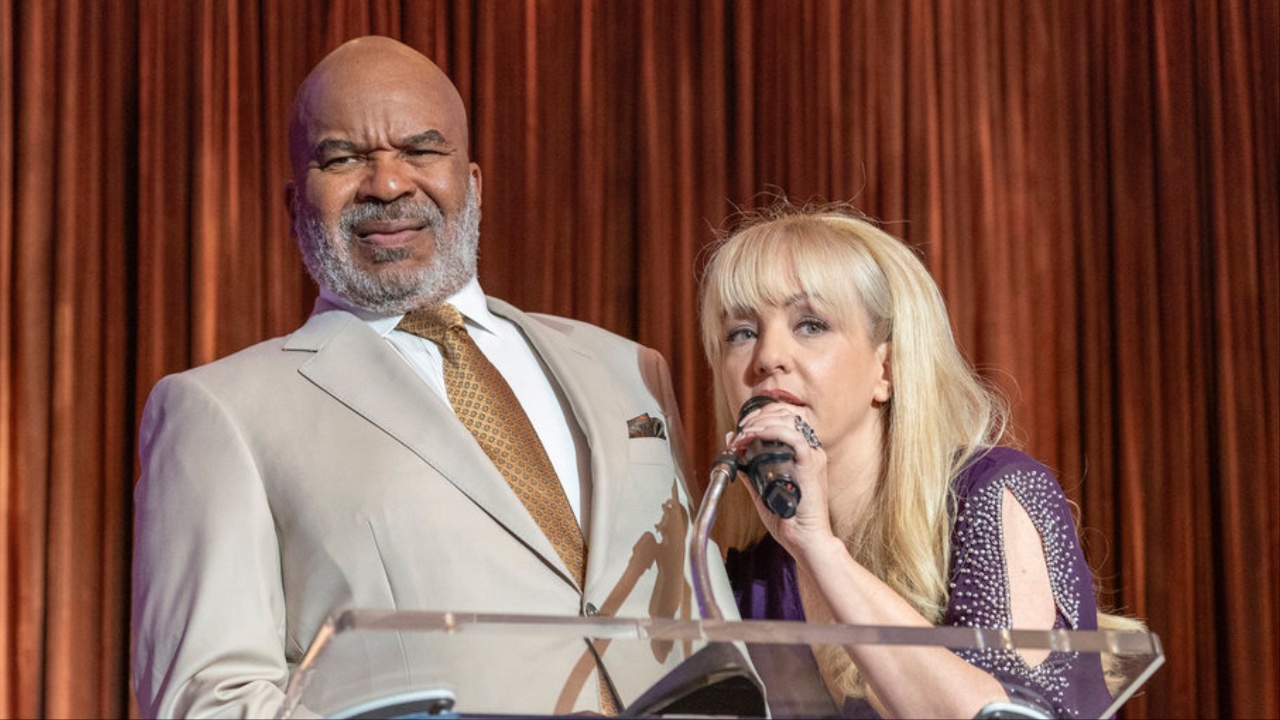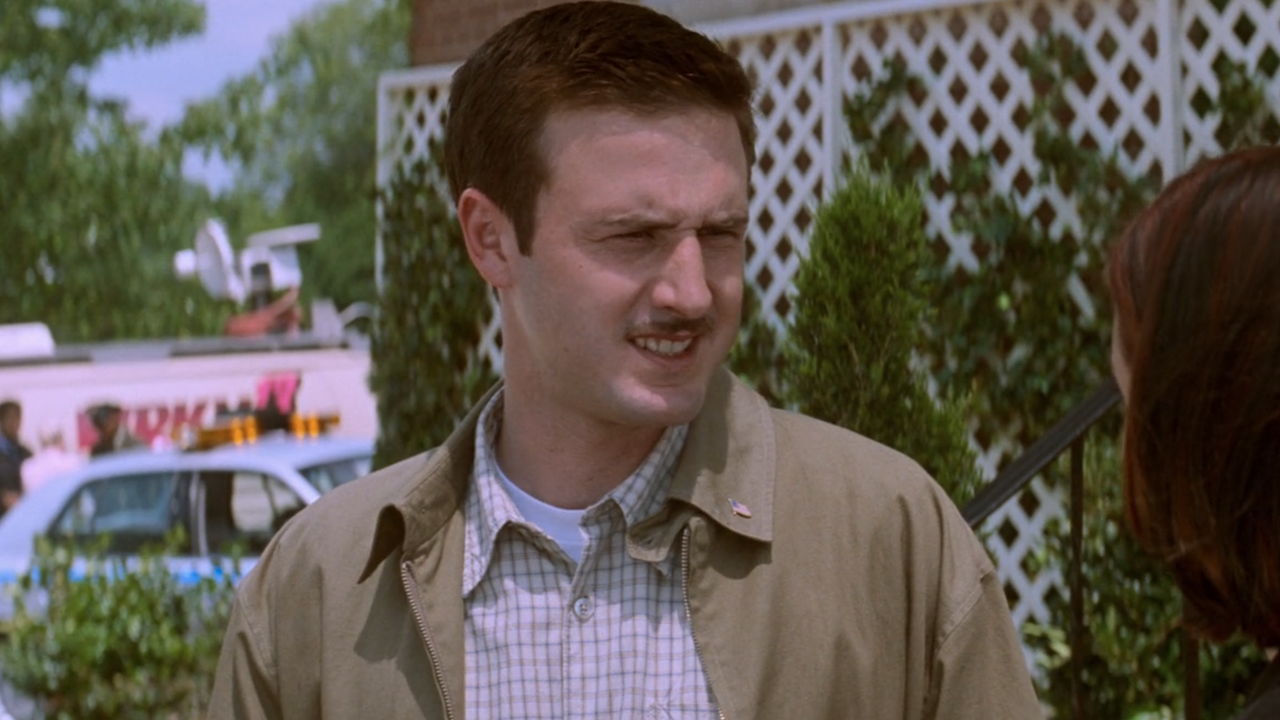Peter Jackson Explains Why You Should See The Hobbit In 48 fps
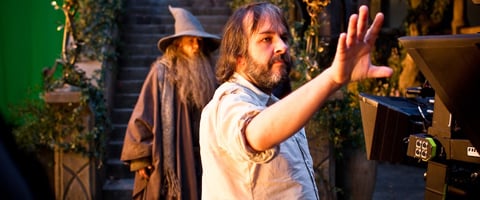
Peter Jackson is taking what he hopes is a huge leap into the future this weekend, releasing The Hobbit: An Unexpected Journey in 48 frames per second-- a high-frame-rate format that essentially gives you twice as much information about the world of Middle Earth. Some say the format gives astonishing clarity and makes the effects look amazing; others say it makes the sets look cheap and the whole thing feel like a BBC series. Reactions are definitely mixed, and we will probably have to see a few more movies in the format before we know for sure if 48 fps is sticking around.
We've already told you our own feelings on whether you should see The Hobbit in 48 fps, but it's probably time to let Jackson speak for himself on the matter. At the press conference last week for The Hobbit Jackson talked at length about how he decided to shoot all three films in the Hobbit trilogy in 48 fps-- but before anything, he has heard your complaints about 48 fps, and thinks maybe the people who don't like it are just too old:
I'm fascinated by reactions. I'm tending to see that anyone under the age of 20 or so doesn't really care and thinks it looks cool, and doesn't really understand it. They often just say the 3D looks cool. I think 3D at 24 frames is interesting, but it's the 48 that actually allows 3D to come to almost like achieve a potential that it can achieve, because it's less eye strain and you have a sharper picture, which creates more of a three-dimensional world.
That effect on 3D is something Jackson first saw when he was working on, of all things, a video for the King Kong ride at Universal Studios-- it was in 60 frames per second, but it had essentially the same high frame rate appeal. At the time no one was making projectors that could actually project at 48 frames, but one of Jackson's colleagues went to a conference, met enough manufacturers of projectors who were willing to make the change, and suggested the time was right:
We decided to take the plunge. Warner Bros. was supportive. They just wanted us to prove that the 24 frames version would look absolutely normal, which it does. Once they were happy with that they were very happy. On the first day of photography we had to press that button and say 48 frames. On the first day of shooting The Hobbit in 48 frames, there was not a single cinema in the world that could project the movie in that format. It was al title bit of a leap of faith.
For Jackson, the reason to shoot the movie at such a high frame rate is the same reason they use it for videos shown as part of theme parks-- it makes everything feel more real, and very close to you. You don't get the blur effects that happen when the camera pans quickly or a character moves too fast, and crucially, you don't get the headache that often happens in 3D films where your eyes simply can't follow all the different planes of action fast enough. Having seen The Hobbit in 48 fps and in 3D I can totally back Jackson up on that, but allow him to explain in his own, very technical terms as well:
With 3D your left and right eye, both of your eyes are seeing a different picture, because the two cameras are filming different pictures, you're stetting strobing and motion blur and the artifacts of 24 frames. Your brain is trying to fit this stuff together, and the more artifacts in the capture, like when you're panning and things are moving or strobing, your brain is struggling to resolve these two pictures. 48 reduces the artifacts, so it does make for a smoother experience.
Clearly Jackson knows his new technology is going to take some time to endear itself to moviegoers, and he doesn't blame you if you're not initially as invested in it as he is. After all, he's spent years of watching dailies and editing the film-- he's more used to the format that anybody else in the world. But like his friend James Cameron, Jackson also seems to be something of a futurist. He's just waiting for everybody else to catch up:
I'm a Beatles fan and I remember in the mid-1980s when CDs first came out, there was a sound of vinyl that people loved and suddenly CDs were threatening the sound of vinyl, the sound of the needle. I remember reading something saying that the Beatles would never have their albums on CD, because it was too clear, and all the bum notes they were playing would be exposed and they would never be happy with that, so you're never going to hear a Beatles tune on CD. There was all this hysteria. It's just that as humans we don't like change.
You can see Jackson's version of change, but also the familiar world of Middle Earth, in The Hobbit: An Unexpected Journey this weekend.
CINEMABLEND NEWSLETTER
Your Daily Blend of Entertainment News
Staff Writer at CinemaBlend

